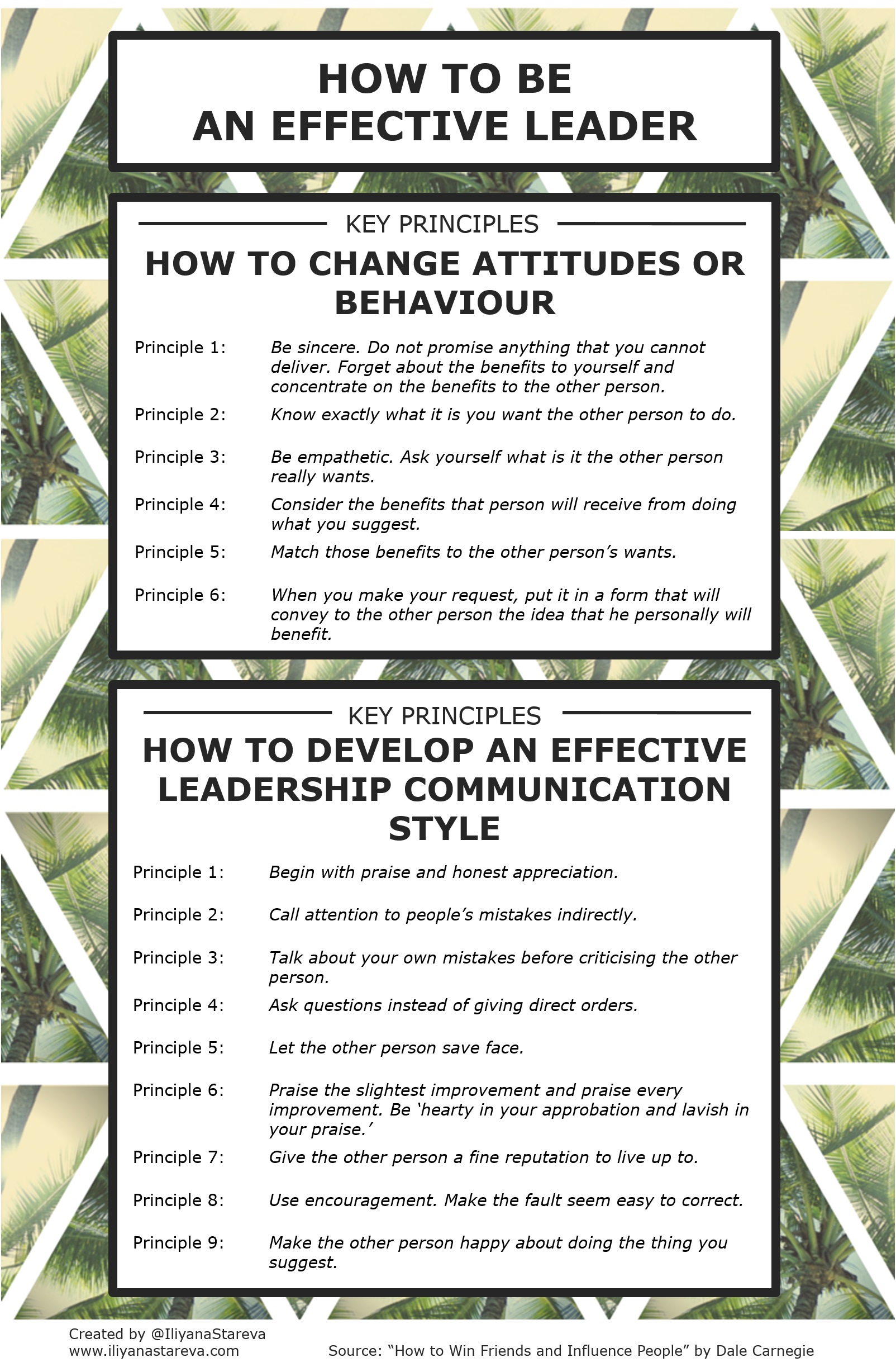
In a recent podcast by the Harvard Business School, Richard Edelman – CEO of the largest PR consultancy in the world – talks about four main factors that affect trust in business. One of them is leadership, which in itself is not that surprising, however what’s interesting is that CEO trust, which was recovering from a low point in 2008 up to 2011, has gone backwards substantially.
As the 2015 Edelman Trust Barometer has found, focusing extensively on operations and making a lot of money is no longer key – it doesn’t earn you a better reputation anymore, nor any credibility.
According to Richard Edelman it is engagement and integrity that really matter – engagement related to absolute transparency and sharing of data and information, and integrity related to putting customers ahead of profits, treating employees well and making the supply chain good.
For business, Edelman has found that trust is built through specific attributes, organised into five performance clusters and ranked by importance with integrity and engagement leading the pack, followed by products and services, purpose and operations.
What all these have in common is that they evolve around people. Trust is about them, not you.
This means that the traditional understanding of leadership has changed. It’s no longer about power, achievement and money.
Leading today doesn’t mean top-down micro-managing. It means first of all listening, then acting upon what one have learned to make sustainable changes and be a good corporate citizen. It’s not about manipulating and ‘greenwashing’ to persuade, it’s about putting transparency and honesty at the centre of your communication style. It’s more about your approach to people, rather than to the organisation – as John C. Maxwell said, “Leadership is not about titles, positions or flowcharts. It is about one life influencing another.” And it's about starting with why.
For some, this new leadership comes naturally, others might struggle with it. But for anyone who wants to be an effective leader and build trust, I recommend reading Dale Carnegie’s best-selling book "How to Win Friends and Influence People".
I’ve written about my impressions from his book and created an infographic with the main guidelines on how to win and influence people. Today follows the second infographic that shares the main principles to being an effective leader.
By following Carnegie’s principles, aspiring leaders can ensure that they develop the right people skills as well as an open and transparent approach to communications.
Infographic: How to be an Effective Leader

Are there other principles leaders need to follow?






